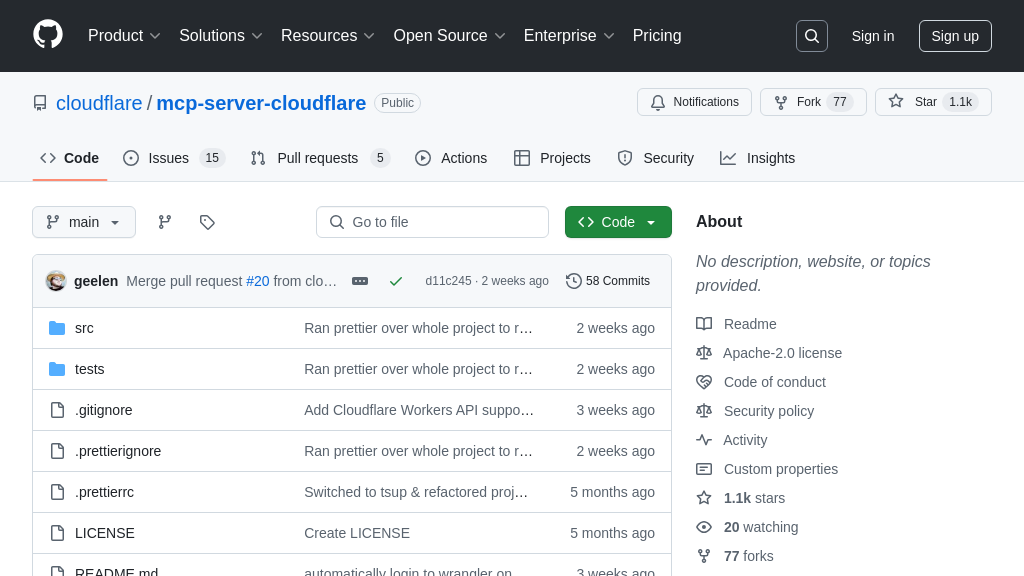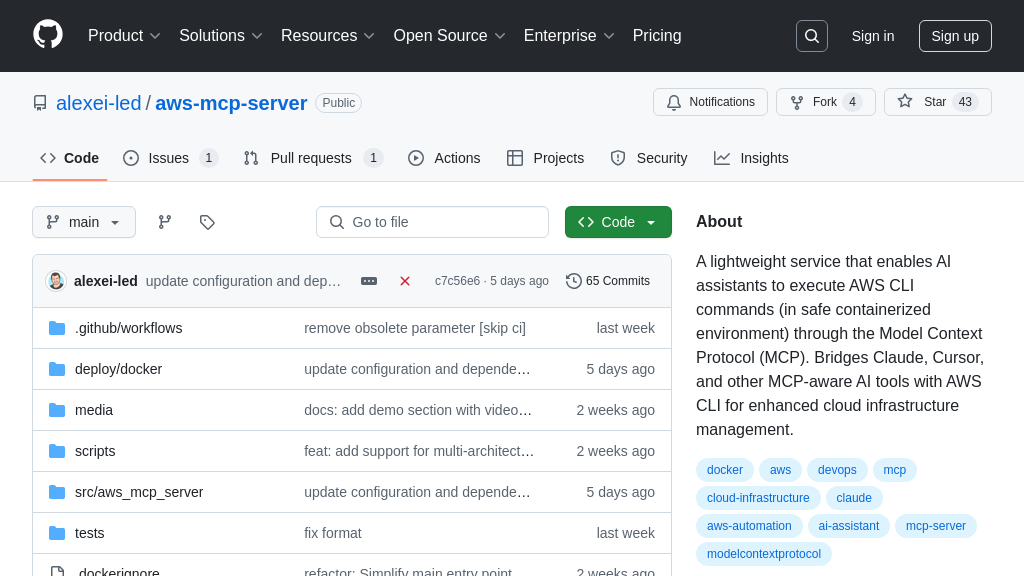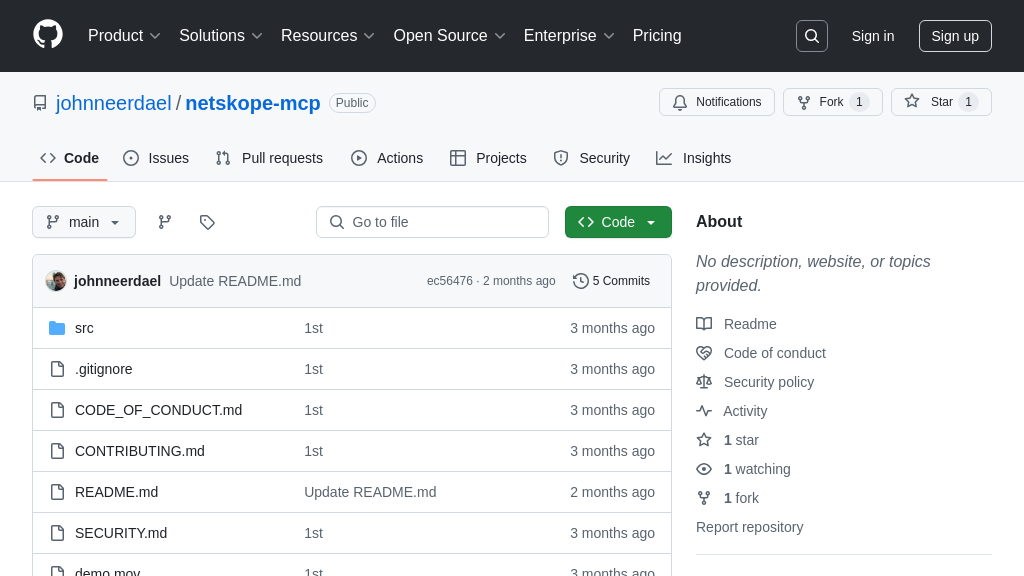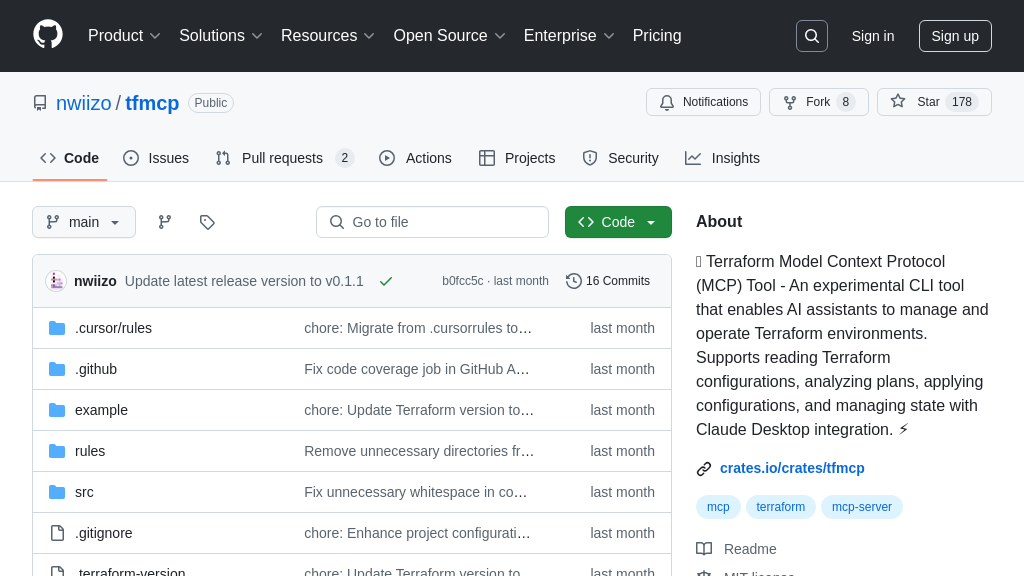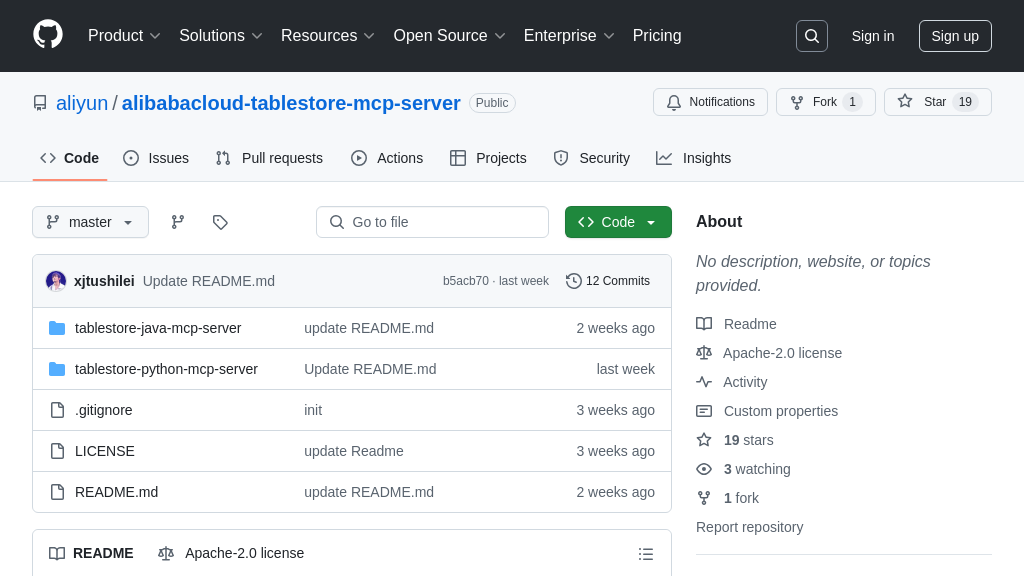supabase
Supabase MCP Server: Programmatic access to Supabase for AI models via a standardized MCP interface. Manage projects and organizations easily.
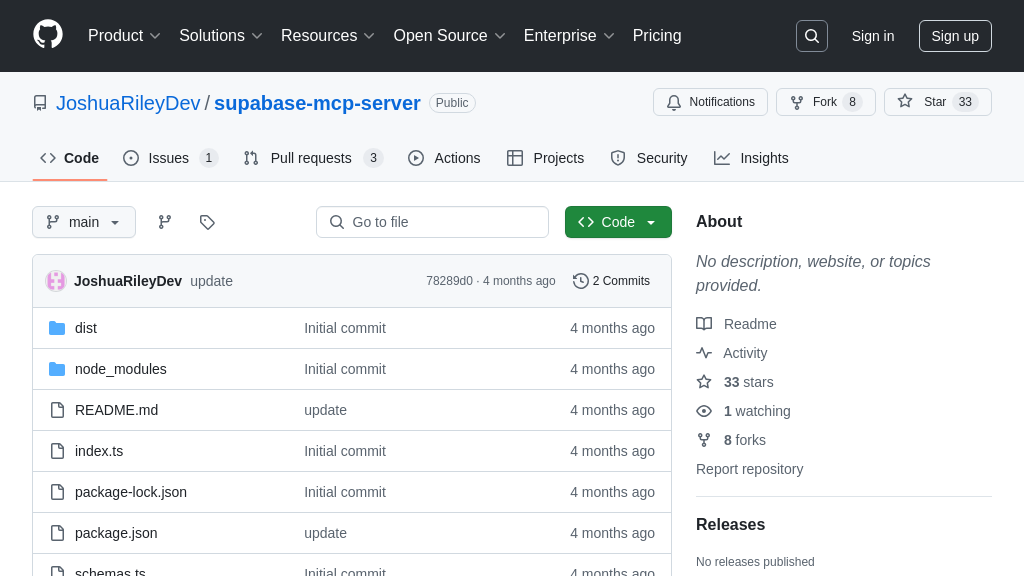
supabase Solution Overview
Supabase MCP Server is a valuable tool within the MCP ecosystem, acting as a server that provides programmatic access to the Supabase Management API. It empowers AI models and other clients to securely manage Supabase projects and organizations through a standardized interface. Key features include the ability to list, create, retrieve details of, and delete Supabase projects, as well as manage organizations.
This server addresses the developer pain point of manually managing Supabase infrastructure, enabling AI-driven automation of project setup, scaling, and teardown. By integrating with AI models via the MCP, developers can build intelligent systems that dynamically provision and manage databases based on real-time needs. The server is implemented using JavaScript and TypeScript and can be easily integrated by adding its configuration to your Claude Config JSON file, streamlining the deployment process. This allows for efficient and automated management of Supabase resources, saving developers time and resources.
supabase Key Capabilities
Supabase Project Management
This feature allows AI models to programmatically manage Supabase projects. It includes functionalities to list existing projects, retrieve detailed information about specific projects, create new projects, delete projects that are no longer needed, and retrieve API keys associated with these projects. This is crucial for AI agents that need to dynamically provision and manage databases as part of their operation. For example, an AI-powered DevOps tool could use this feature to automatically create a new Supabase project for each new feature branch in a software development workflow, ensuring isolated testing environments. The server interacts with the Supabase Management API to perform these actions, abstracting away the complexities of direct API interaction. This simplifies the process for AI models, allowing them to focus on the higher-level logic of managing their data infrastructure.
Supabase Organization Management
This feature enables AI models to manage Supabase organizations programmatically. It provides the ability to list existing organizations, retrieve detailed information about specific organizations, and create new organizations. This is particularly useful for AI applications that need to manage multiple tenants or clients, each requiring its own isolated Supabase environment. For instance, an AI-driven SaaS platform could use this feature to automatically create a new Supabase organization for each new customer, ensuring data isolation and security. The server acts as an intermediary, translating the AI model's requests into the appropriate Supabase Management API calls. This simplifies the management of complex multi-tenant architectures, allowing AI models to efficiently scale their operations.
API Key Retrieval
The ability to retrieve project API keys programmatically is a core feature. This allows AI models to securely access and interact with Supabase databases without hardcoding credentials. The server provides a secure endpoint to fetch these keys, which can then be used by the AI model to authenticate its requests to the Supabase database. For example, an AI-powered data analysis tool could use this feature to automatically retrieve the API key for a specific Supabase project and then use that key to query the database and perform analysis. This eliminates the need for manual key management and reduces the risk of exposing sensitive credentials. The server ensures that only authorized AI models can access the API keys, adding an extra layer of security.
Integration Advantages
The Supabase MCP server offers significant integration advantages within the broader MCP ecosystem. By providing a standardized interface to the Supabase Management API, it allows AI models to seamlessly integrate Supabase into their workflows. This eliminates the need for AI models to directly interact with the Supabase API, simplifying the development process and reducing the risk of errors. Furthermore, the server can be easily integrated with other MCP components, such as data connectors and authentication providers, to create a comprehensive AI-powered data management solution. The use of standard input/output and HTTP/SSE for communication ensures compatibility with a wide range of AI models and platforms.

